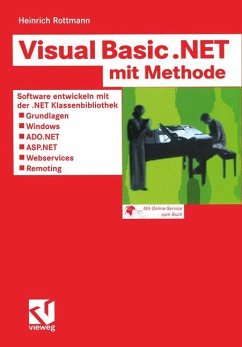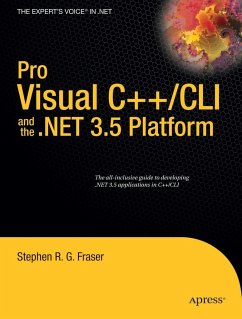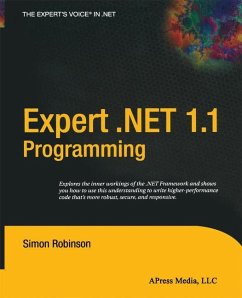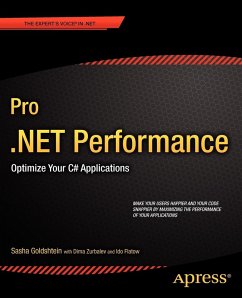Nicht lieferbar
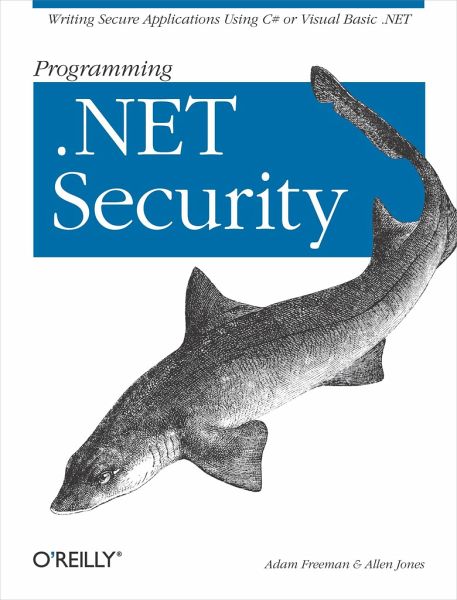
Programming .Net Security
Writing Secure Applications Using C# or Visual Basic .Net
With the spread of web-enabled desktop clients and web-server based applications, developers can no longer afford to treat security as an afterthought. It's one topic, in fact, that .NET forces you to address, since Microsoft has placed security-related features at the core of the .NET Framework. Yet, because a developer's carelessness or lack of experience can still allow a program to be used in an unintended way, Programming .NET Security shows you how the various tools will help you write secure applications. The book works as both a comprehensive tutorial and reference to security issues f...
With the spread of web-enabled desktop clients and web-server based applications, developers can no longer afford to treat security as an afterthought. It's one topic, in fact, that .NET forces you to address, since Microsoft has placed security-related features at the core of the .NET Framework. Yet, because a developer's carelessness or lack of experience can still allow a program to be used in an unintended way, Programming .NET Security shows you how the various tools will help you write secure applications. The book works as both a comprehensive tutorial and reference to security issues for .NET application development, and contains numerous practical examples in both the C-sharp and VB.NET languages. With Programming .NET Security, you will learn to apply sound security principles to your application designs, and to understand the concepts of identity, authentication and authorization and how they apply to .NET security. This guide also teaches you to: use the .NET run-time security features and .NET security namespaces and types to implement best-practices in your applications, including evidence, permissions, code identity and security policy, and role based and Code Access. Security (CAS) use the .NET cryptographic APIs , from hashing and common encryption algorithms to digital signatures and cryptographic keys, to protect your data. use COM+ component services in a secure manner. If you program with ASP.NET will also learn how to apply security to your applications. And the book also shows you how to use the Windows Event Log Service to audit Windows security violations that may be a threat to your solution. Authors Adam Freeman and Allen Jones, early .NET adopters and long-time proponents of an "end-to-end" security model, based this book on their years of experience in applying security policies and developing products for NASDAQ, Sun Microsystems, Netscape, Microsoft, and others. With the .NET platform placing security at center stage, the better informed you are, the more secure your project will be.







